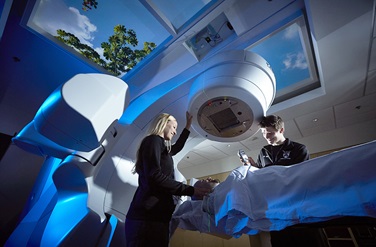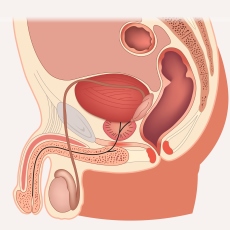 |
|
Dhivya Sudhan, Ph.D., (left) and Carlos L. Arteaga, M.D. –
Credit UT Southwestern |
“This finding may give clinicians an effective response to neratinib resistance,” Carlos L. Arteaga, M.D., Director of the Simmons Cancer Center at UT Southwestern said in a press release. "That could make a real difference for patients with breast, ovarian, lung, and other cancers harboring HER2 mutations."



